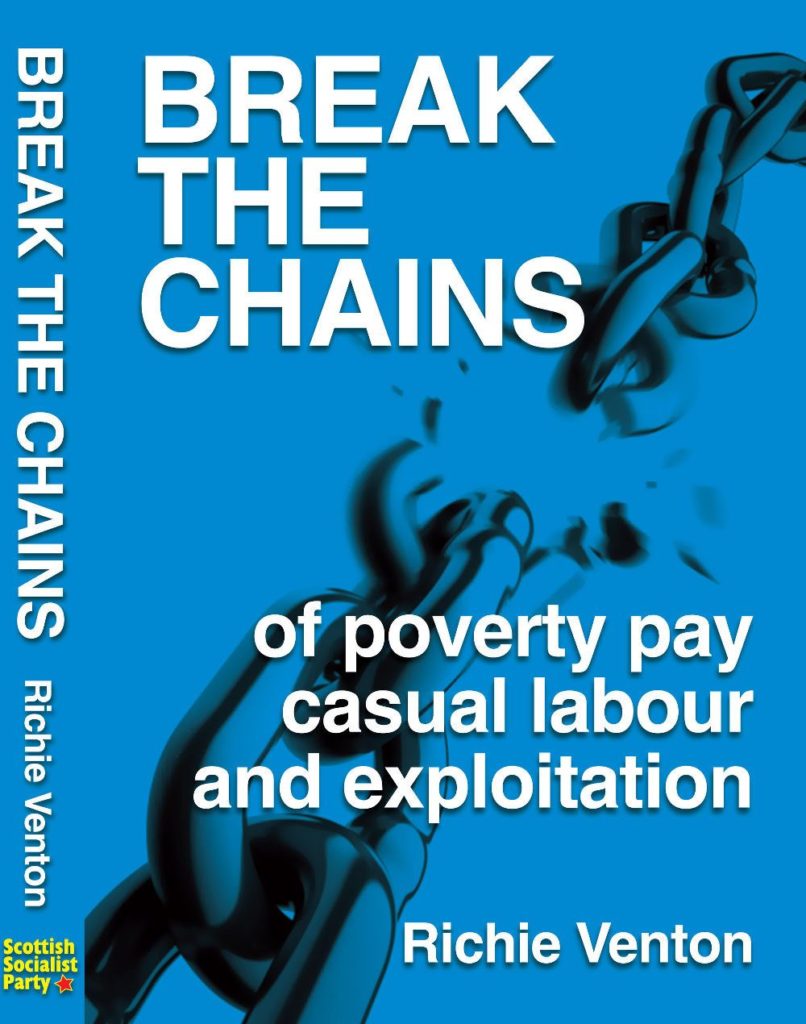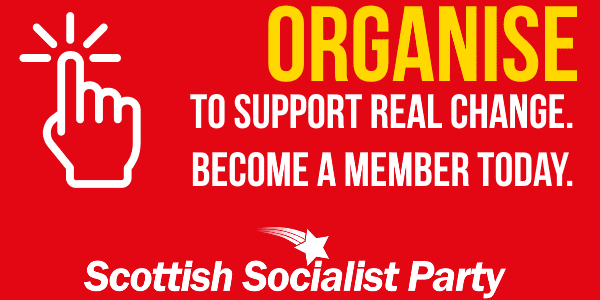There is growing anger after newly-released thinktank research revealed the staggering scale of the pandemic pay gap between the bosses and the workers.
Information from the High Pay Centre has uncovered that the bosses of Britain’s biggest companies will have received the average annual full-time worker income by 5:30 pm on 6 January, 2021.
Chief Executives of FTSE 100 firms get, on average, 120 times the amount paid to full-time workers. This has more than doubled since the start of the 21st century, and climbed more than tenfold since the 1980s.
That figure further dwarfs the average annual income of the growing number of part-time, zero-hour, self-employed, and other highly precarious workers in Scotland.
The High Pay Centre said:
“Factors such as the increasing role played by the finance industry in the economy, the outsourcing of low-paid work and the decline of trade union membership have widened the gaps between those at the top and everybody else over recent decades.
“These figures will raise concern about the governance of big businesses and whether major employers are distributing pay in a way that rewards the contribution of different workers fairly. They should also prompt debate about the effects that high levels of inequality can have on social cohesion, crime, and public health and wellbeing.”
The news comes as millions of workers are plunged into further lockdown uncertainty. The pandemic has impacted working-class communities through thousands of job losses and falling incomes – while Britain’s billionaires have seen their wealth increase by 27% during the crisis.
Both Westminster and Holyrood governments face calls to implement wealth taxes to fund wages and vital public services during the pandemic.
A Maximum Wage
The Scottish Socialist Party supports introducing a statutory maximum wage to fight the worst excesses of obscene pay inequality, and to distribute more to the workers that create Scotland’s wealth.
The SSP has called for a maximum wage set at a 10:1 ratio with the minimum wage.

SSP Workplace Organiser Richie Venton has previously said:
“A maximum wage initially based on an overly generous 10:1 differential with the minimum screams out from every page of every recent report on workers’ wages and bosses’ incomes.
“The top dogs of the FTSE 100 biggest companies have just had yet another pay rise – and that’s before they rake in untold bonuses, shares portfolios, and bottomless pension pots.
“Meantime in the same country, but on a different planet, UK workers’ wages have plunged. As the Bank of England expressed it, most families have suffered ‘a lost decade of income’. Mass unemployment has been replaced by mass poverty pay. As I spelt out in ‘Break the Chains‘:
“Poverty pay impoverishes not only its direct victims… but also impoverishes the whole of society. The lack of spending power that low wages curses affected families with, in turn depresses the wider economy.”
End Poverty Pay
The SSP is a long-time campaigner for immediate action against poverty pay conditions.
Workers have faced a steep decline in their working conditions and a quality-of-life downturn through insecure work and poverty pay – while the superwealthy see their share of the wealth grow and grow. Insecurity creates inequality, poverty, and a crisis in mental health.
The Scottish Socialist Party campaigns for a £12 minimum wage for every worker over the age of 16 – abolishing age discrimination and closing exploitative loopholes in minimum wage law.
The SSP demands an end to zero-hour contracts and other “gig economy” employment practices, and to offer a sixteen-hour minimum contract to every worker who wants one.
They are also calling for a radical rethink of our economy and relationship to work through a four-day working week on five-days pay, to tackle the dual crises of underemployment and overwork.

